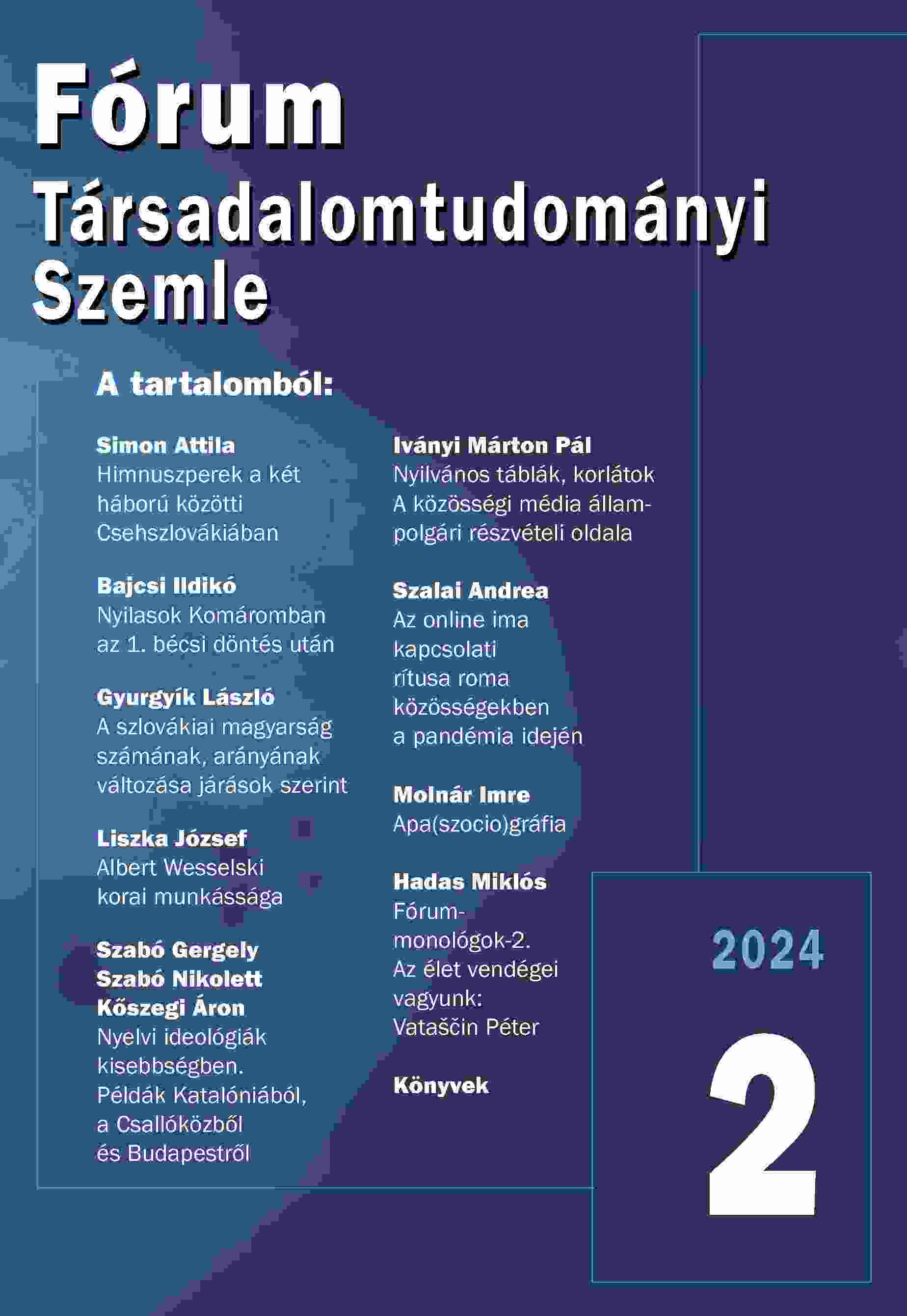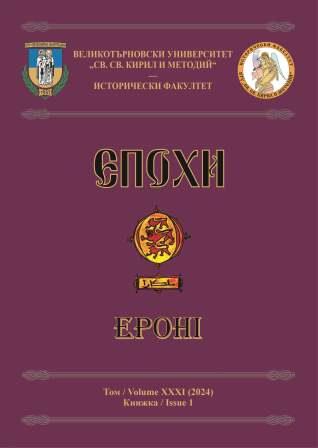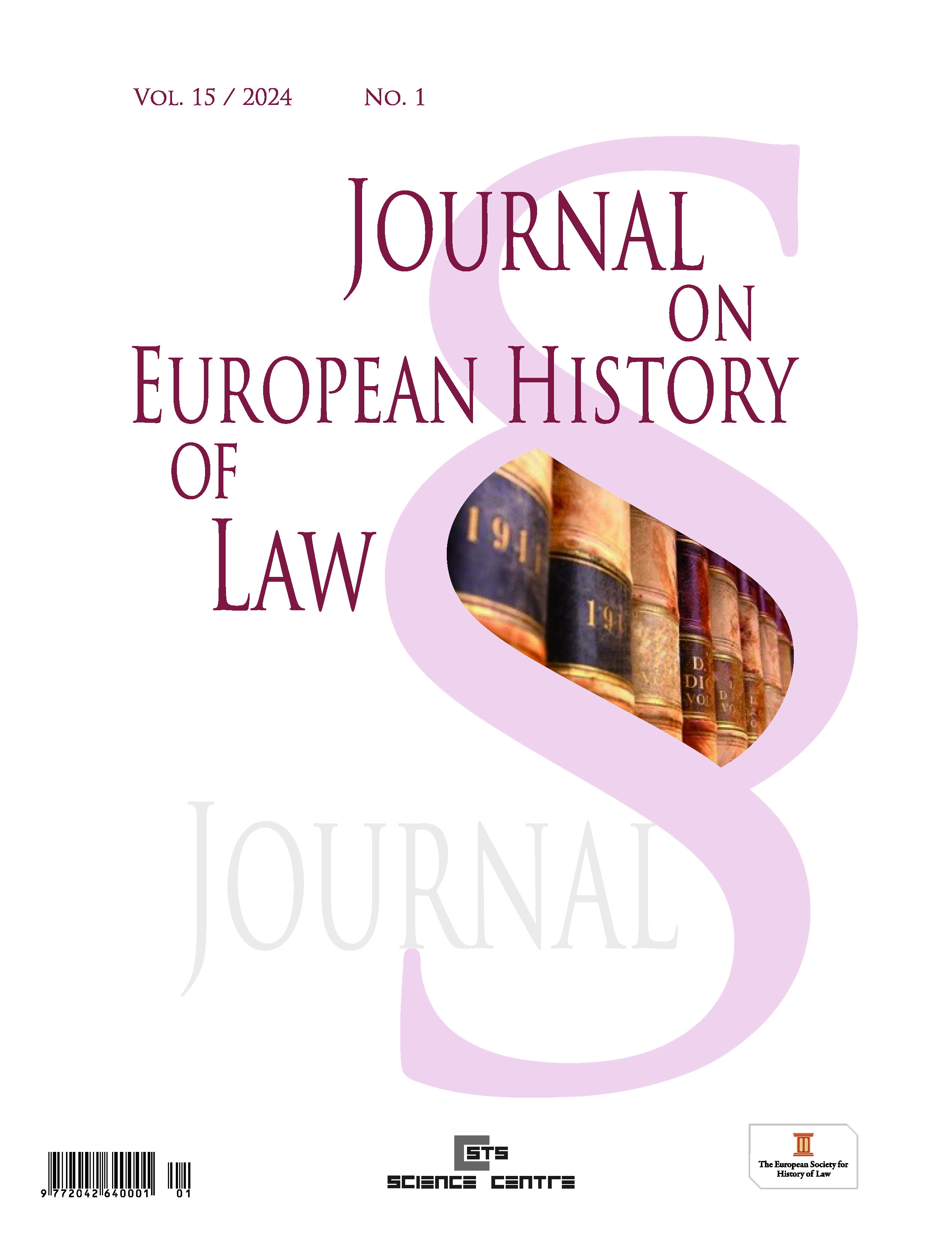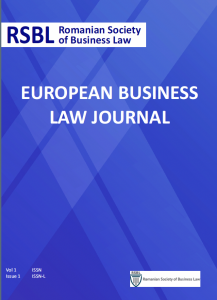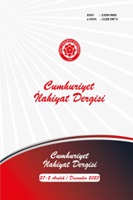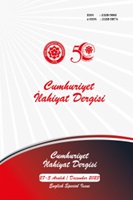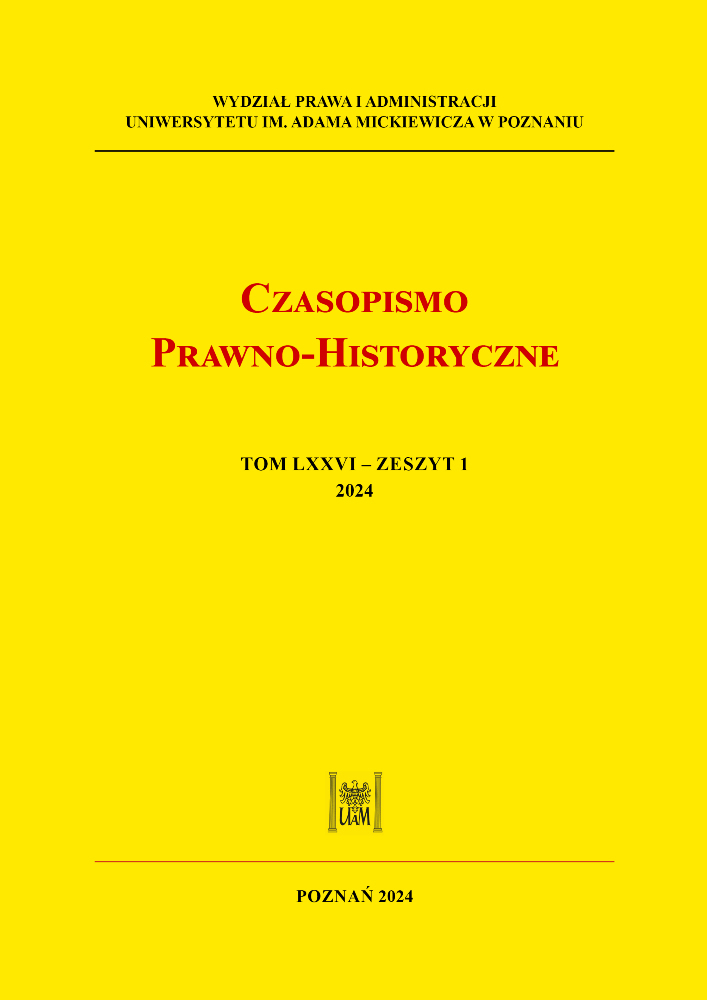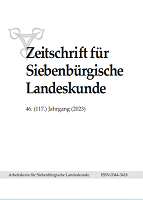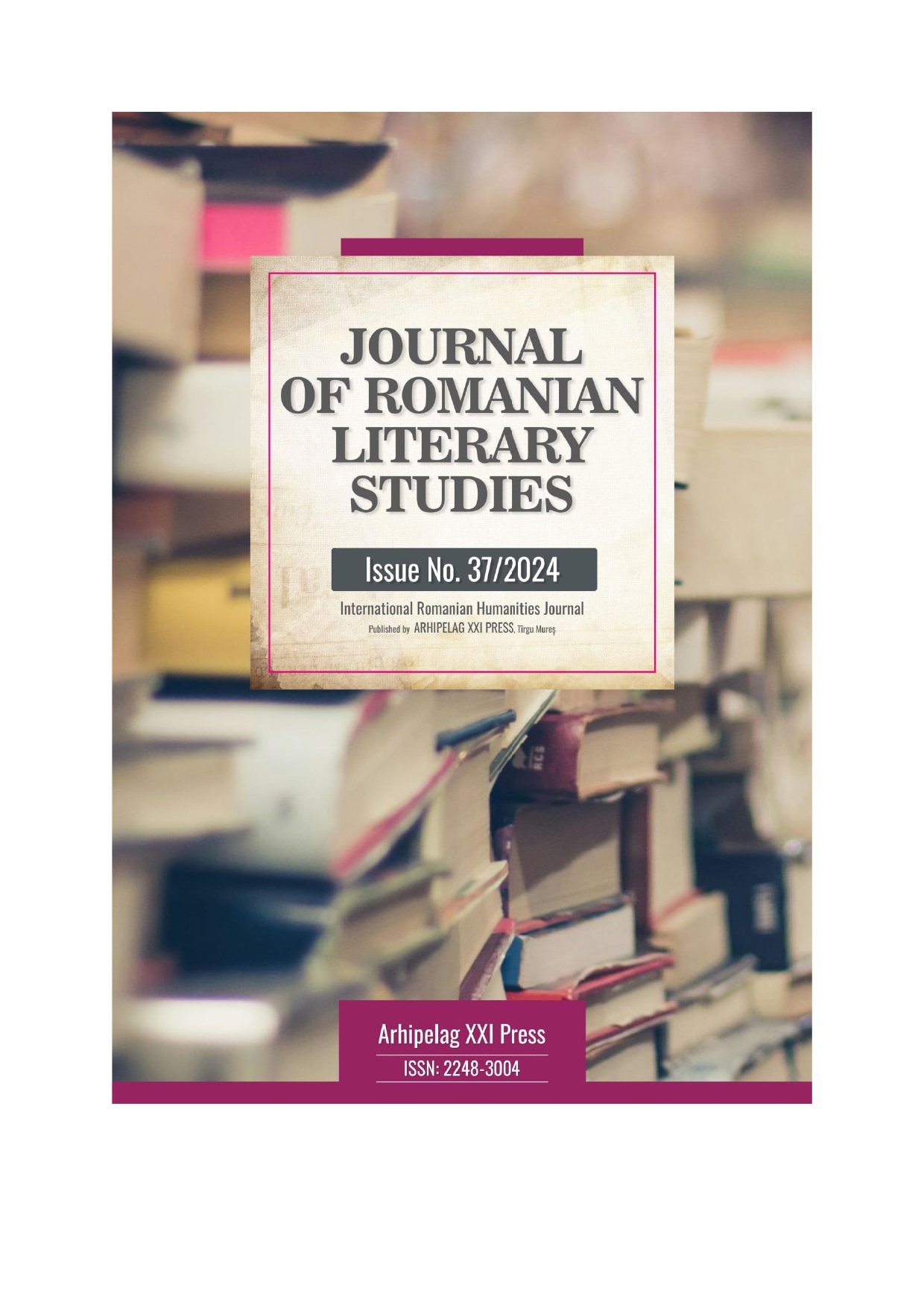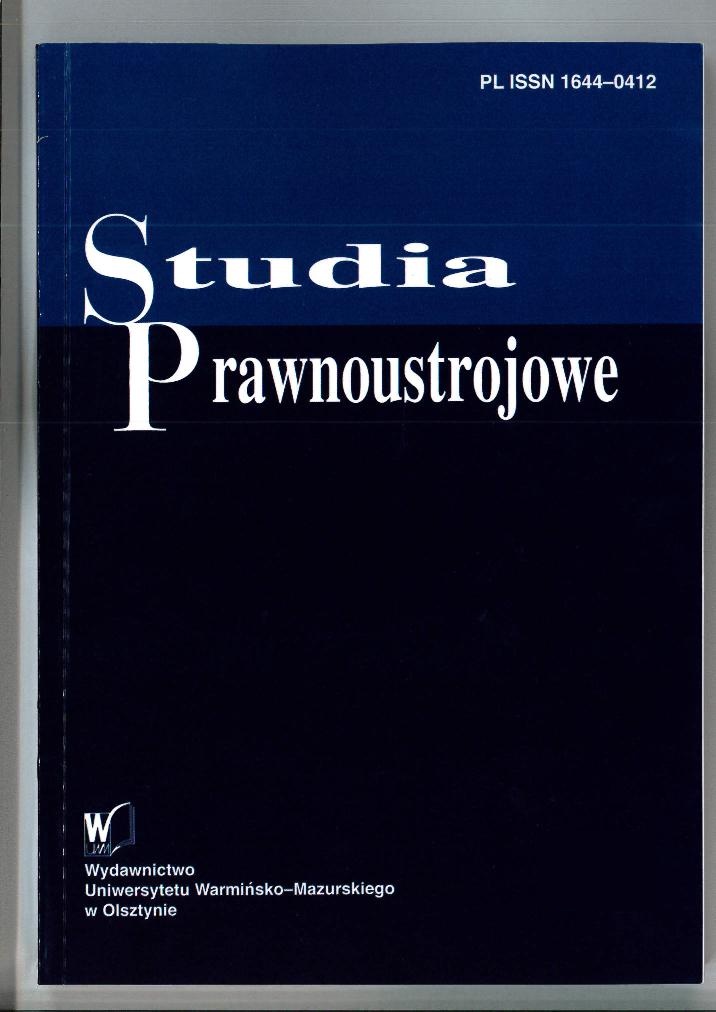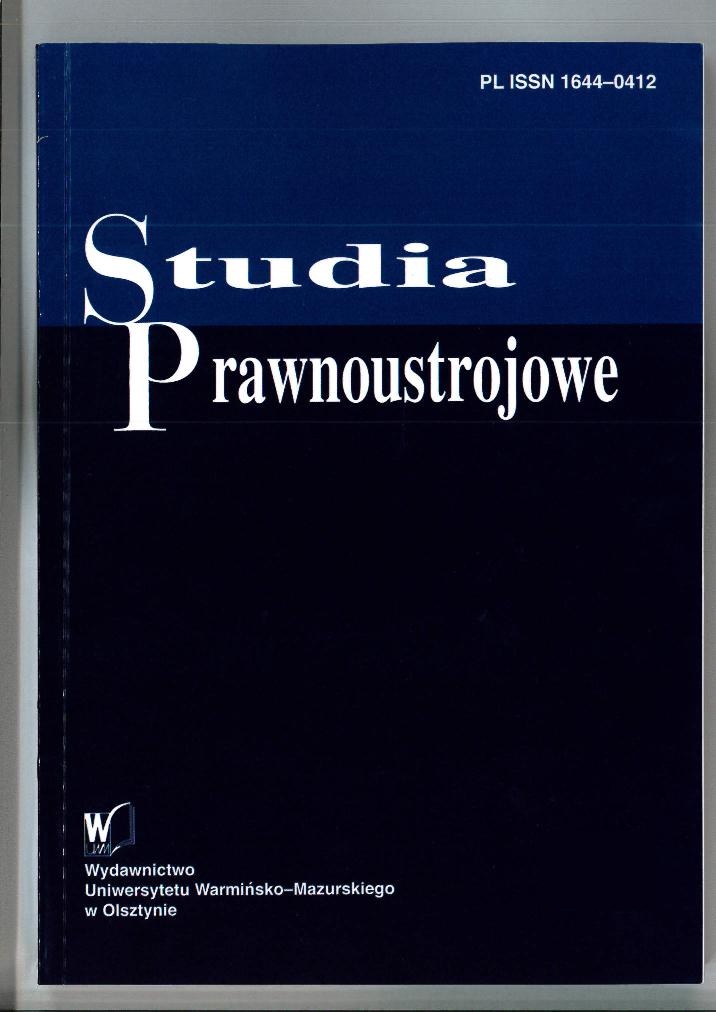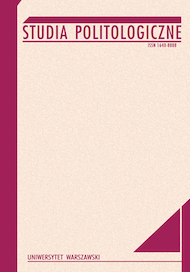Author(s): İbrahim Özpolat / Language(s): Turkish
Issue: 2/2023
This research aims, first of all, to establish that Abû Hanîfa's (d. 150/767) positive view on the issue of performing wudû’ with nabîdh of date is correct, and then to reveal Abû Hanîfa's dalîls on this subject. The issue of wudû’ with nabîdh of date is controversial among early Hanafî jurists, and the jurist who expressed a positive opinion on this issue is Abû Hanîfa, the founding imam of the madhhab. The opinion that wudû’ can be performed with nabîdh of date is the strong opinion of Abû Hanîfa mentioned in zâhir al-riwâya. The riwâya reported by Nûh bin Abi Maryam (d. 173/789) stating that Abû Hanîfa reneged on this view is not strong enough to oppose the view in zâhir alriwâya. For this reason, it is not a correct approach to ignore the view in zâhir al-riwâya based on this riwâya. As a matter of fact, Abû Hanîfa's view of zâhir al-riwâya is conveyed in many of the classical Hanafî texts such as Mukhtasar al-Karkhi and Mukhtasar al-Tahâwî. Although the majority of Hanafî jurists preferred the view of Abû Yûsuf (d. 182/798), a significant group of Hanafî jurists such as Jassâs (d. 370/981), Kâshânî (d. 587/1191) and ‘Aynî (d. 855/1451) He supports Abû Hanîfa's view. Therefore, there are two views on the issue in Hanafî fıqh. In the literature, the dalîls of Abû Hanîfa's view is not available as a whole in a single source, but is scattered in many Hanafî fiqh sources. The Hanafî jurist Jassâs is the one who deals with the mentioned dalîls in the most comprehensive way in his many works. For this reason, the subject was examined by focusing on Jassâs's dalîls. Jassâs' istidlâls regarding the issue of wudû’ with nabîdh of date also mean defending Abû Hanîfa against other Hanafî jurists such as Abu Yusuf and Imâm Muhammad (d. 189/805). Jassâs' insistent attitude on this issue and his passionate counter-answers prove how much he deserves the title of defense. For the relevant determination, Hanafî fiqh classics are centered. Because the jurists who argue that wudû’ can be made with the nabîdh of date are among the Hanafî jurists. Then, the positive and negative approaches of the jurists about the nabîdh of date are given. Starting from the early Hanafî jurists, the views of the sahâbîs, the tâbi'ûn and many later jurists on the subject are included. The approach of the four madhhabs of fiqh is also examined in this section. Then, the istidlâls of Jassâs, which is the main subject of the research, were emphasized. It is seen that Jassâs' istidlâls have three main pillars: âya, hadîth and idjma. As a âya, the 6th âya of the sûra of Mâida, as a hadîth, the hadîth of ‘Abd Allâh bin Mas'ûd (r.a.) and as a idjma, the the sahâbîs idjma tries to showas references. The most controversial dalîl is undoubtedly the hadiths of Ibn Mas'ud (r.a.). Jassâs opposes those who claim that the hadîth is da‘îf and discusses the hadîth with its detailed tarîks and argues that this hadîth is sahîh.
More...
